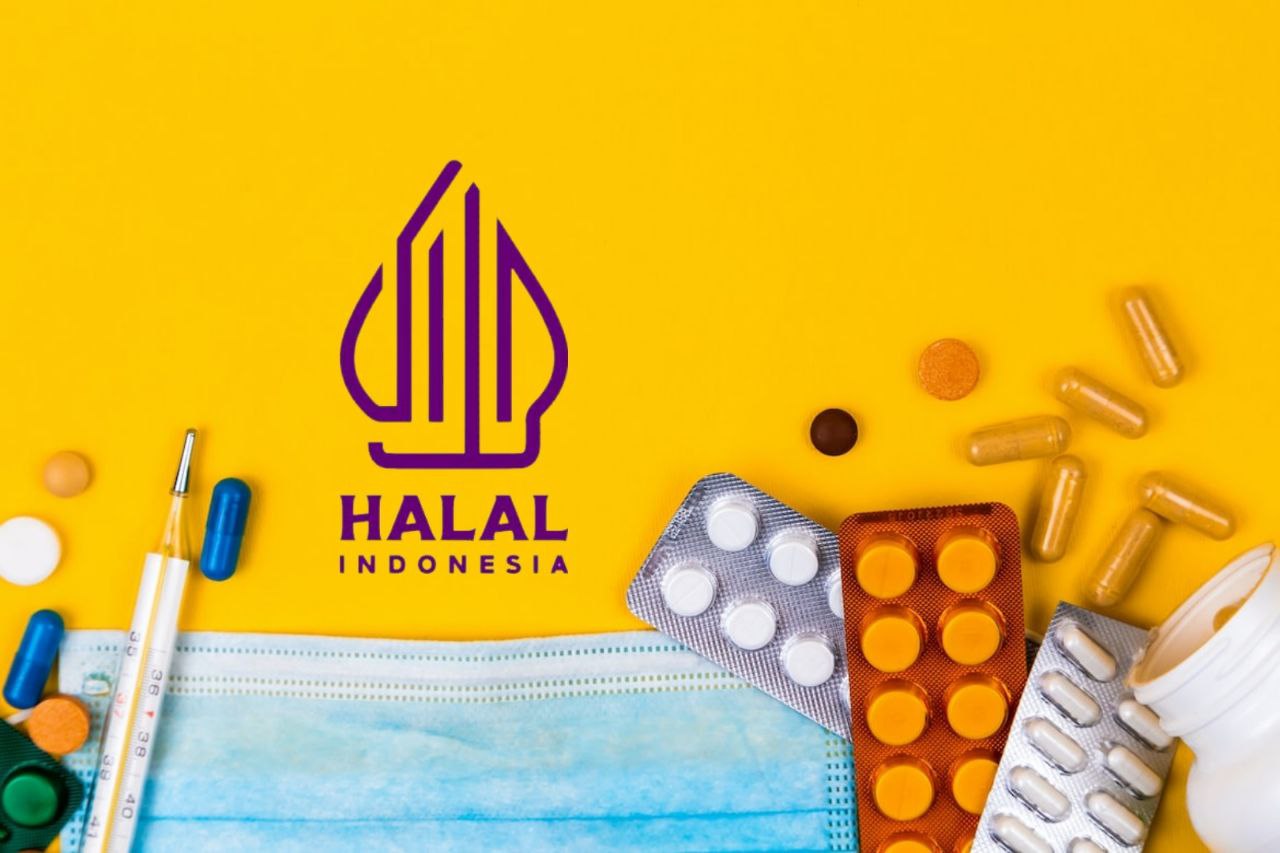Indonesia, home to the world's largest Muslim population, is uniquely positioned to lead in the halal pharmaceutical sector. The nation's commitment to ensuring that medicines align with Islamic principles has spurred initiatives to develop a robust halal pharmaceutical industry. However, this journey is fraught with challenges, from regulatory complexities to supply chain dependencies.
Regulatory Landscape and Certification Challenges
The foundation of Indonesia's halal pharmaceutical industry rests on the Halal Product Assurance Law (UU JPH) enacted in 2014. This law mandates halal certification for all consumable products, including medicines. Despite this, the implementation has been gradual. As of 2021, only about 0.5% of pharmaceutical products had obtained halal certification, highlighting the slow pace of adoption.
Several factors contribute to this sluggish progress. The certification process is intricate, requiring thorough verification of ingredients and manufacturing processes. Moreover, the lack of clear guidelines and standardized procedures has led to confusion among pharmaceutical companies. The limited number of accredited halal certifying bodies further exacerbates the bottleneck, making it challenging for companies to navigate the certification landscape efficiently.
Supply Chain Dependencies and Ingredient Sourcing
A significant hurdle for the halal pharmaceutical industry in Indonesia is its heavy reliance on imported raw materials. Approximately 90% of pharmaceutical ingredients are sourced from abroad, primarily from countries where halal standards may not be a priority . This dependency complicates the verification of ingredient halal status and poses risks of contamination with non-halal substances.
Furthermore, the domestic production of halal-certified raw materials is limited. This scarcity forces manufacturers to either invest in developing local sources or continue relying on imports, both of which have cost and logistical implications. The situation underscores the need for Indonesia to bolster its local pharmaceutical raw material industry to support the growth of halal-certified medicines.
Opportunities for Industry Growth and Global Leadership
Despite these challenges, the halal pharmaceutical industry in Indonesia holds immense potential. The global halal market is projected to reach USD 3.1 trillion by 2027, with pharmaceuticals being a significant segment . Indonesia's strategic position and large Muslim consumer base provide a competitive advantage in tapping into this burgeoning market.
To capitalize on these opportunities, Indonesia must invest in research and development to innovate halal-compliant pharmaceutical products. Collaborations between government agencies, academic institutions, and industry players can foster an ecosystem conducive to growth. Additionally, enhancing public awareness about the importance of halal medicines can drive consumer demand and encourage manufacturers to pursue certification.
Moreover, Indonesia can position itself as a global hub for halal pharmaceuticals by establishing clear regulatory frameworks, streamlining certification processes, and promoting international partnerships. Such initiatives would not only boost the domestic industry but also contribute to the global availability of halal-certified medicines.
Conclusion
The journey of developing a robust halal pharmaceutical industry in Indonesia is complex, marked by regulatory, logistical, and infrastructural challenges. However, with strategic investments, policy reforms, and collaborative efforts, Indonesia can overcome these obstacles. By doing so, the nation stands to become a global leader in halal pharmaceuticals, ensuring that Muslim consumers worldwide have access to medicines that align with their faith.
Read More






 Thursday, 22-01-26
Thursday, 22-01-26







